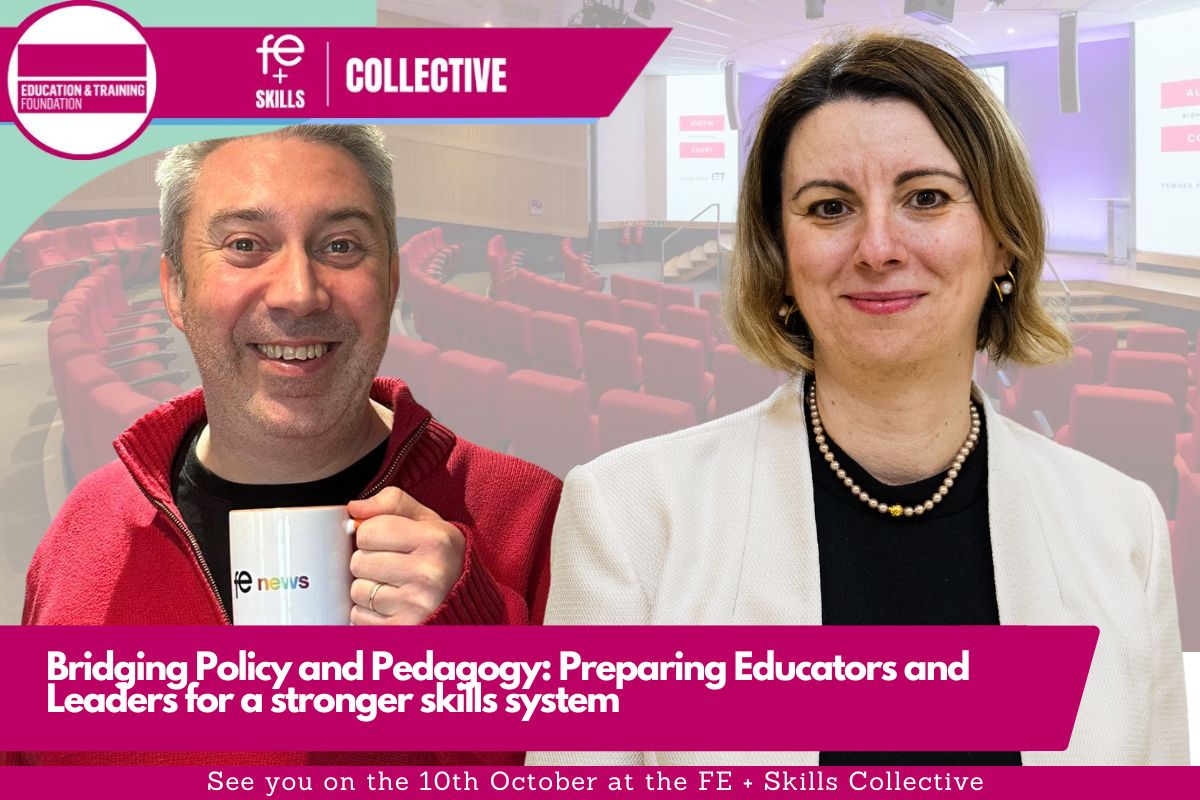Skills gaps exasperated by short-term hiring patterns

Short Attention Span: Hiring Often Neglecting the Future by Focusing on Fulfilling Immediate Needs,
Dynamic changes in business and a lack of focus on the future are impacting the way hiring professionals do their jobs. This is according to a new global survey by Korn Ferry.
Out of the 600 business leaders surveyed, 83% report having long-term talent acquisition plans, however 82% say that when finding talent it is a challenge to meet current business needs while planning for the future.
In the current skills shortage, it is vital that organisations are investing in talent that will help them accelerate towards strategic business objectives and prepare their organisation for the future.
While 83 percent of hiring professionals agree they have a long-term talent acquisition plan that ties directly into their strategic business plan, it appears that many are falling down on implementation. Forty percent admit they only forecast out six months or less for future hiring needs, with 16 percent saying they only plan for immediate needs.
Eighty-two percent say that when it comes to finding talent, it’s a challenge to meet current business needs while planning for long-term business goals. When asked why this is so difficult, 57 percent said business leaders are only focused on the short term, and 22 percent said they don’t know what the long-term goals are, or what kind of talent will be needed.
It is true that the changes in business imperatives have never been more frenetic, but it’s critical that organisations work to predict future talent needs and either hire or retrain existing employees to meet the challenges of tomorrow.
Nearly two-thirds of respondents (61 percent) say that it is more important to hire people who can adapt to changing business needs in the future vs. hiring people who can fit immediate vacancies.
In addition, 61 percent say that when considering the fast-changing environment and tougher competition for talent, they invest more in upskilling their existing employees than recruiting externally.
Nearly half (47 percent) say they have formal training programs in place to upskill their employees. Existing employees are a treasure trove of knowledge on how your organisation operates.
Retraining workers to meet tomorrow’s business priorities is a key part of workforce planning, along with making strategic new hires – people who can make an ongoing impact on the business.
Kay Cooper, Korn Ferry managing director, Recruitment Process Outsourcing (RPO) EMEA
About the Survey – The global Korn Ferry survey was conducted in November and December 2018 and garnered responses from more than 600 talent acquisition professionals worldwide. Due to rounding, the sum of percentages for each question may not equal 100.
Survey Responses:
To what extent would you agree with the following: We have a long-term talent acquisition plan that ties directly into our strategic business plan
To a great extent 23 percent
To some extent 60 percent
To no extent 17 percent
For what period of time do you plan for your future hiring needs
Only immediate needs 16 percent
6 months 24 percent
A year 36 percent
1-3 years 20 percent
3 years or more 5 percent
Given the fast-changing environment and tougher competition for talent, do you invest more in:
Upskilling your team 61 percent
Recruiting externally 39 percent
To what extent do you agree with the following statement: Hiring people who can fit current vacancies is more important than hiring people who will be able to adapt to future roles
Strongly agree 8 percent
Somewhat agree 31 percent
Somewhat disagree 42 percent
Strongly disagree 19 percent
When it comes to finding talent, do you find it difficult to meet changing business needs?
Yes to a great extent 20 percent
Yes to some extent 62 percent
No to some extent 15 percent
No to a great extent 3 percent
If answered yes, why do you find it so difficult to be agile in managing current talent needs while planning for a future workforce that meets long-term business goals?
We don’t have the staff to do both 21 percent
Business leaders are focused on short-term needs 57 percent
We don’t know what the long-term goals are or what kind of talent will be needed 22 percent
Do you have formal programs in place to retrain workers whose jobs have evolved?
Yes 47 percent
No 53 percent
What is the most effective talent acquisition strategy that you have found for navigating these conflicting priorities?
Implementing a strategic workforce plan 32 percent
Assessing an individual’s potential before hiring 19 percent
Exploiting talent analytics and predictive analytics 9 percent
Reviewing internal mobility programs and career plans 17 percent
Using artificial intelligence to diversify sourcing strategy 1 percent
Investing more in people development 22 percent










Responses